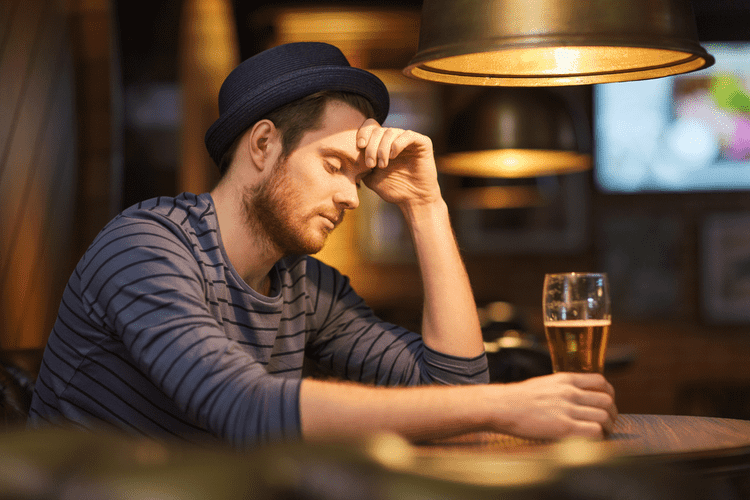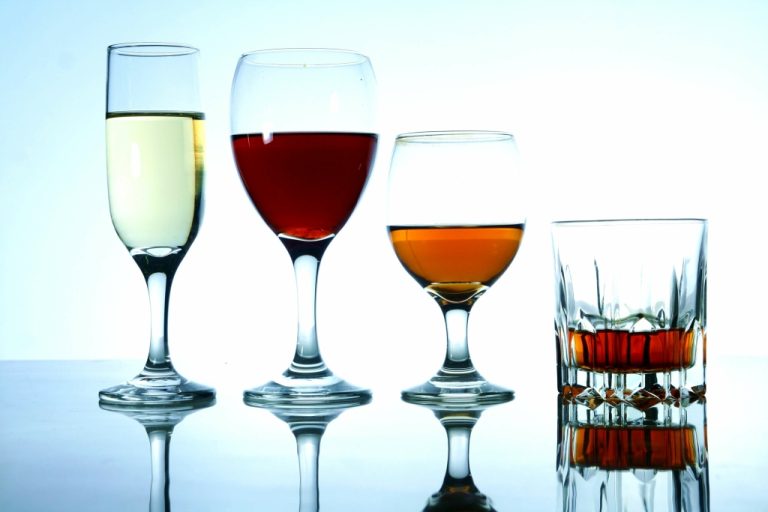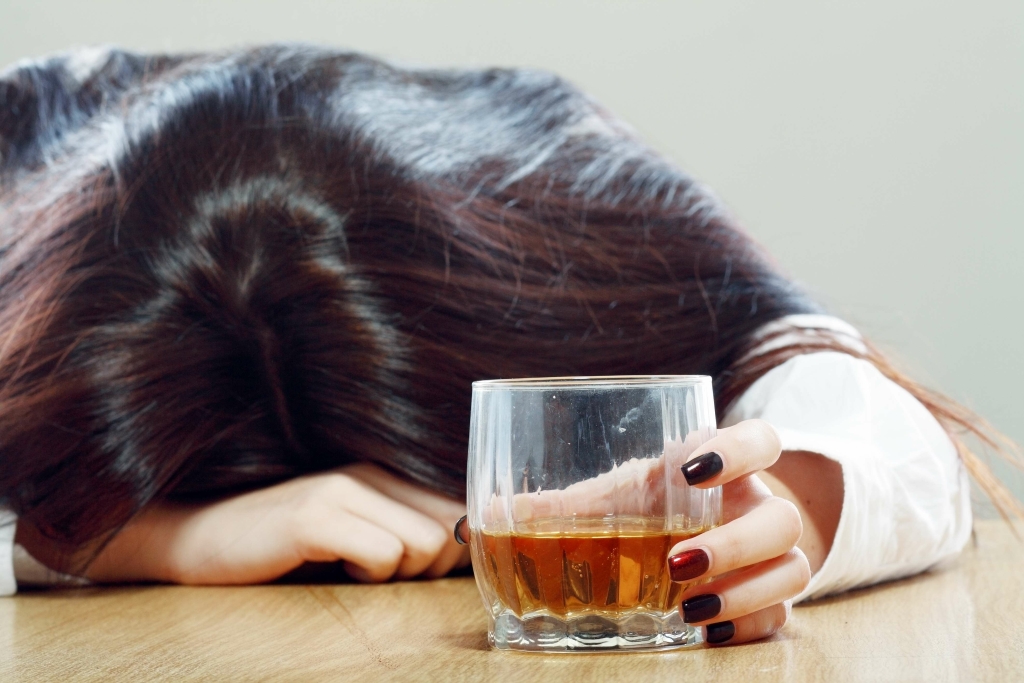- Have any questions?
- +92-42-35887762-63
- +92-42-35940177
- info@aridlahore.edu.pk
Dry Drunk Syndrome: What To Know and Treatments Available
Can Diabetics Smell Like Alcohol? Causes & What to Do
May 2, 2022How Long Do Amphetamines Stay In Your System?
May 26, 2022Dry Drunk Syndrome: What To Know and Treatments Available
Excessively using nicotine or caffeine may seem better than using alcohol, but the underlying cause of addiction remains unaddressed. Every month, 150,000 people search for addiction or mental health treatment on Recovery.com. Groups like Alcoholics Anonymous (AA) or SMART Recovery provide a platform for individuals to share their experiences and learn from others who are facing similar challenges. These groups can offer invaluable support and insights into managing triggers. Understanding the triggers of this syndrome is essential for those in recovery and their support networks.
Can Parents Lose Child Custody for Drug Use?
“Dry drunk syndrome” is a term that originated from Alcoholics Anonymous (AA) to describe individuals who have stopped consuming alcohol but have not addressed the underlying issues that led to their addiction. Feeling drunk without drinking could be due to medical conditions like auto-brewery syndrome, where the body produces alcohol internally. Other causes might include low blood sugar, dehydration, or neurological issues. It’s important to consult a healthcare professional for an accurate diagnosis and appropriate treatment if you experience such symptoms.
Get Help for Dry Drunk Syndrome at Profound Recovery
- First and foremost, not every alcoholic seeks professional help to stop drinking.
- We believe everyone deserves access to accurate, unbiased information about mental health and recovery.
- Dry drunk syndrome symptoms can be the exact opposite of these recovery guidelines, which could signify impending relapse.
- However, as time goes on, they may discover that life in recovery is more challenging than they had expected.
- Some people may be able to go on for years without drinking again, yet they are miserable and unhealthy.
During this time, taking care of your body and treating yourself with compassion is essential. For help finding alcohol addiction treatment programs suitable for yourself or a loved drug addiction one, contact one of our treatment specialists today. Some people can have milder struggles where even small pushes of encouragement or support from loved ones can have a significant positive impact.

Signs And Symptoms Of A Dry Alcoholic

Someone who’s not yet worked through these issues can be easily irritated or fast to get angry. They may become defensive and justify themselves quickly, and they may appear disengaged or like they lack motivation. Without it, mental health disorders, co-occurring disorders, and unresolved pain can sabotage progress. Growth in this area helps you respond instead of react, forgive instead of resent, and stay connected instead of isolate—turning sobriety into a life worth living.
- One of the less-discussed but significant challenges faced by individuals in this journey is the “Dry Drunk Syndrome” (DDS).
- If an individual has an undiagnosed alcohol use disorder, this means the emotional and psychological dependence issues that led to their self-destructive behavior are left unresolved.
- Have you ever felt like you’re white-knuckling your way through recovery?
- Emotional volatility, depression, and social withdrawal can lead to a relapse if the underlying issues aren’t treated.
Dry Drunk Syndrome prevention comes from participating actively in emotional healing and personal growth while on the recovery journey. Even after the individual is no longer drinking, emotional reactions might still reflect those of his drinking days. This is the main reason because alcohol was used in the past as a coping mechanism to numb or avoid unpleasant emotions.

In fact, their relationship might dry drunk syndrome even be worse, because the person is now acting more depressed or agitated due to the lack of their addictive outlet. Untreated dry drunk syndrome can lead to a range of negative consequences, including emotional instability, relationship difficulties, increased risk of relapse, and challenges in maintaining sobriety. Individuals may also experience persistent cravings, unresolved psychological issues, and difficulty adjusting to a sober lifestyle, hindering their overall well-being and recovery progress. While dry drunk symptoms may resemble those of withdrawal and active addiction, they can typically last well into early recovery and sometimes beyond. If your loved one is struggling with dry drunk behaviors, you will want to ensure that their treatment provider is properly equipped to provide the appropriate treatment and care for these challenges.

